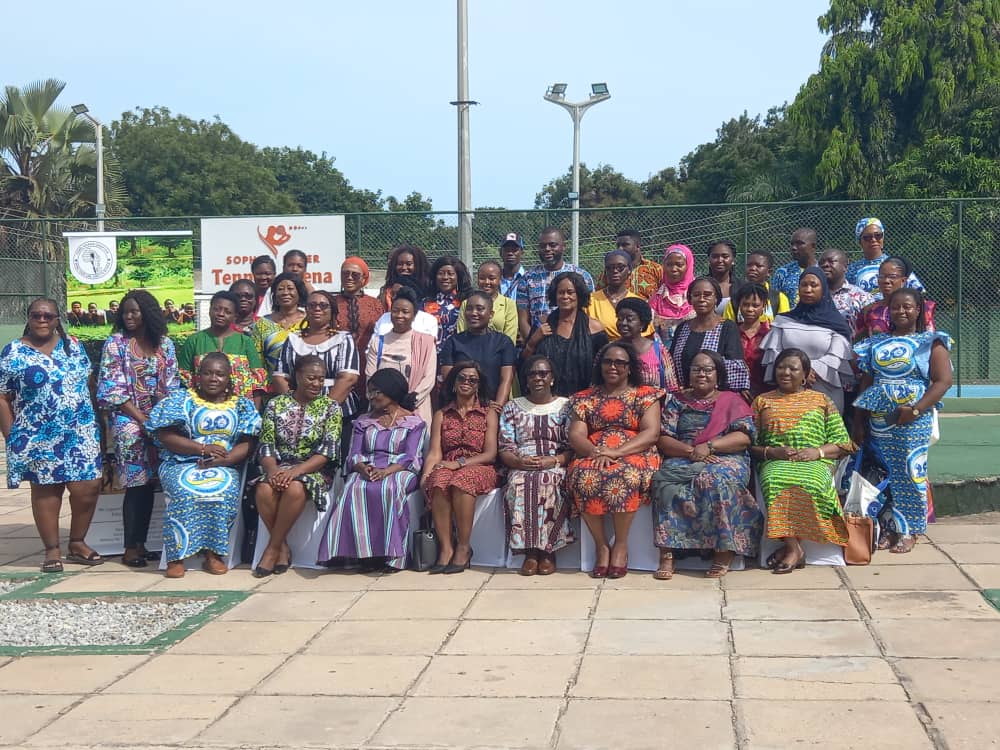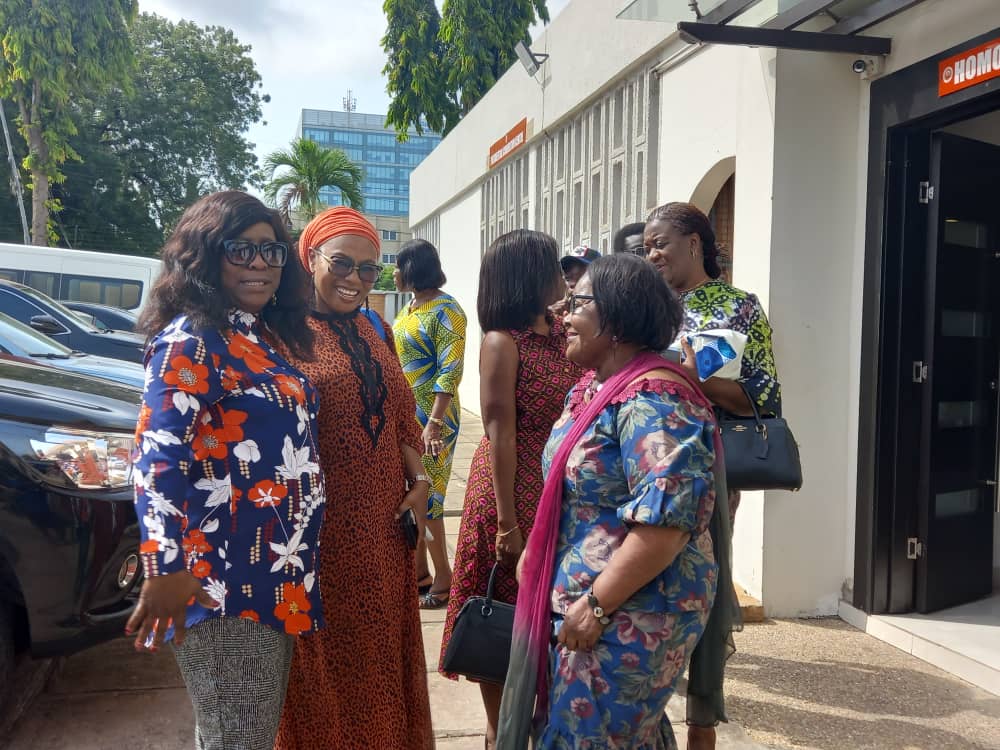By Joyce Danso
Accra, Nov. 6, GNA- Ghana’s Affirmative Action Bill, which has been in Parliament since 2011, will soon be passed into law.
The Bill is expected to be passed into law through Parliament’s Certificate of Emergency.
The passage of the Bill into law has become a requirement by which the International Monetary Fund would release some funds to Ghana.

Ms Shiela Minkah-Premo, the Convenor of the Affirmative Action Coalition, said this at a public engagement of the Forum for African Women Educationists (FAWE) Ghana Chapter on the challenges facing girls in the 21st century.
The public engagement was on “Finding new ways of addressing the challenges of girls in the 21st Century”.
Ms Minkah-Premo noted that the Affirmative Action Bill when passed into law, would bring a big relief to women and girls in the country especially when it came to issues on governance and leadership roles.
According to her, the passage of the Bill into law would also help achieve gender parity.
She said: “We need to amend some consequential legislations that will help us get women on board.
“We have never had a female President or Vice President, and ministerial positions, only a few women. Our current Economic Management team has no female. Meanwhile, we have more women in the market. We need to get them in these spaces.”
Ms Minkah-Premo said statistics of women in governance and leadership revealed that women had been marginalised in the 21st century.
“In Ghana now, our Parliament has a membership of 275 members, but only 40 are women. This represents about 14.5 per cent. This is not good enough.
“Out of the 35 companies listed on the Ghana Stock Exchange, 38 per cent of these companies have one female or no females at all.”
According to her, those imbalances called for the passage of the Affirmative Action Bill into Law.
“Until that is done, we will continue to have low participation of women and girls.”
She said the challenges facing women and girls’ empowerment in Ghana in the 21st century were “numerous and complex”.
“However, I believe they are not insurmountable. We must collectively address the challenges as a society.”
The gender advocate, touching on Ghana’s strides in promoting gender equality and parity over the years, said: “There is the need to acknowledge there are gender disparities in education.”

She mentioned forced early marriages, teenage pregnancies, and limited access to financial resources as some challenges confronting women and girls.
“We need to address Gender Based Violence. It is one of the things that draw our girls back. We sometimes lose these girls as a result of violence.
We need to enact stricter laws to protect women and girls. Encourage survivors to speak out.”
According to her, the current Domestic Violence Act has had its shortcomings.
She said the Act allowed the Police to seek protection orders for women and girls.
However, the Police in their training schools were not taught how to apply for protection and had to rely on lawyers for assistance.
Ms Mamley Andrews, Chief Director of the Ministry of Education (MOE), said the Ministry was trying to achieve its mandate through coordination, monitoring and evaluation of policies that would build a highly educated and skilled nation when it came to women and children.
According to her, the Ministry was looking at reviewing the Gender in Education policy to ensure that it fell in line with what was happening in contemporary Ghana.
Additionally, the Chief Director said MOE had reduced the incidence of gender-based violence by taking steps to prevent bullying, and sexual harassment and the promotion of Safe School Practices such as the WASH programme.
Ms Andrews said in Ghana, “One is not denied education due to gender and that is a success to us, and we need to celebrate this.”
She tasked the FAWE Ghana Chapter to promote Technical and Vocational Education Training (TVET) and STEM among girls and women.
“I call on FAWE Ghana Chapter to promote STEM and TVET career choices for young girls. TVET allows our young children to get the needed skills and competence to stand independently as young girls.”
Professor Esi Sutherland-Addy, Chairperson of FAWE Ghana Chapter Board, called for more support for the Organisation to get more girls into formal education.
The occasion was used to induct FAWE Ghana Chapter executives into office.
Mrs Marian Tackie is the Chairperson of the executive board.
FAWE is a pan-African non-governmental organisation, which among others, seeks to promote gender-responsive policies for girls in Africa.
GNA